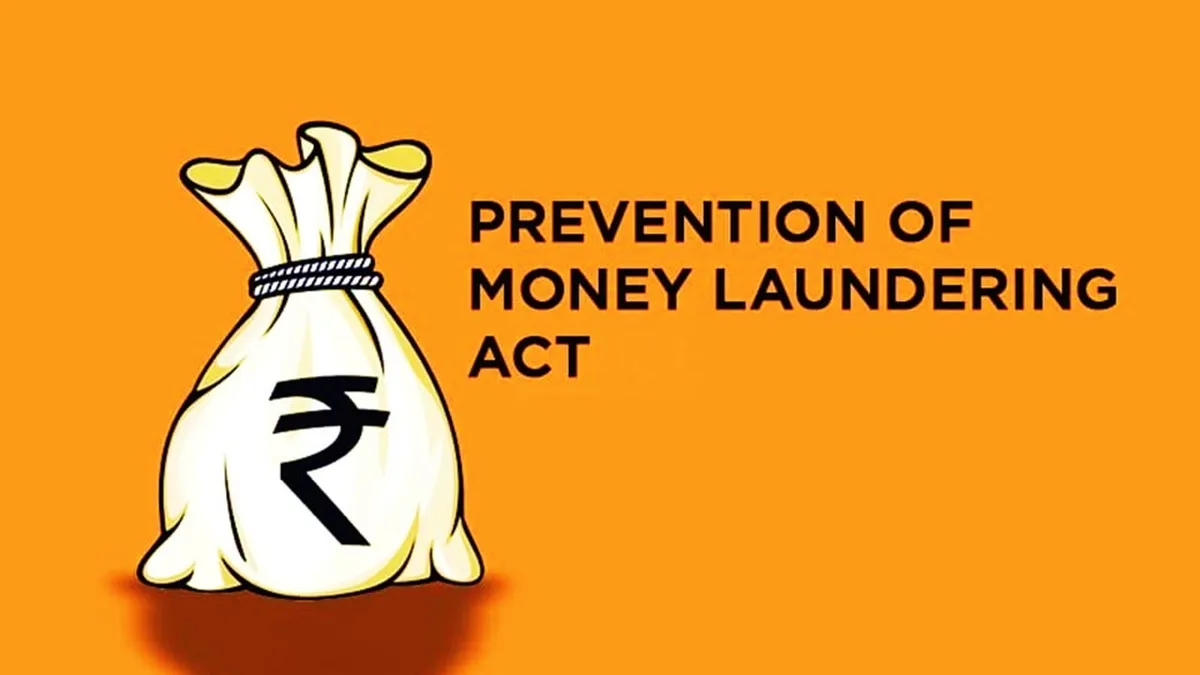In NEWS: Recently, a three-judge bench of the Supreme Court stated that it would refer aspects of the PMLA verdict to a Constitution Bench if necessary.
- In 2022, a Coordinate Bench of the Supreme Court upheld core amendments of the PMLA Act, giving extensive powers to the Enforcement Directorate.
About PMLA
- The Prevention of Money Laundering Act, 2002 (PMLA) was enacted to fight against the criminal offence of legalizing income or profits from an illegal source.
- The Enforcement Directorate is responsible for investigating the offences of money laundering under the PMLA.
- The adjudicating authority will issue a notice to the person against whom it has received a complaint of money laundering under the PMLA.
Under the PMLA, the Central Government has the power to appoint an adjudicating authority to exercise powers and authority conferred under this Act. An adjudicating authority must consist of a bench of
- A chairperson
- There are two other members, of whom one individual must have experience in the law, administration, finance, or accounting fields.
Under PMLA, the commission of any offence, as mentioned in Part A and Part C of the Schedule of PMLA, will attract the provisions of PMLA. Some of the acts and offences, that may attract
PMLA are enumerated below
- Part A enlists offences under various acts such as: Indian Penal Code, Narcotics Drugs and Psychotropic Substances Act, Prevention of Corruption Act, Antiquities and Art Treasures Act, Copyright Act, Trademark Act, Wildlife Protection Act, and Information Technology Act.
- Part B specifies offences that are Part A offences, but the value involved in such offences is Rs 1 crore or more.
- Part C deals with trans-border crimes and reflects the dedication to tackle money laundering across global boundaries.

